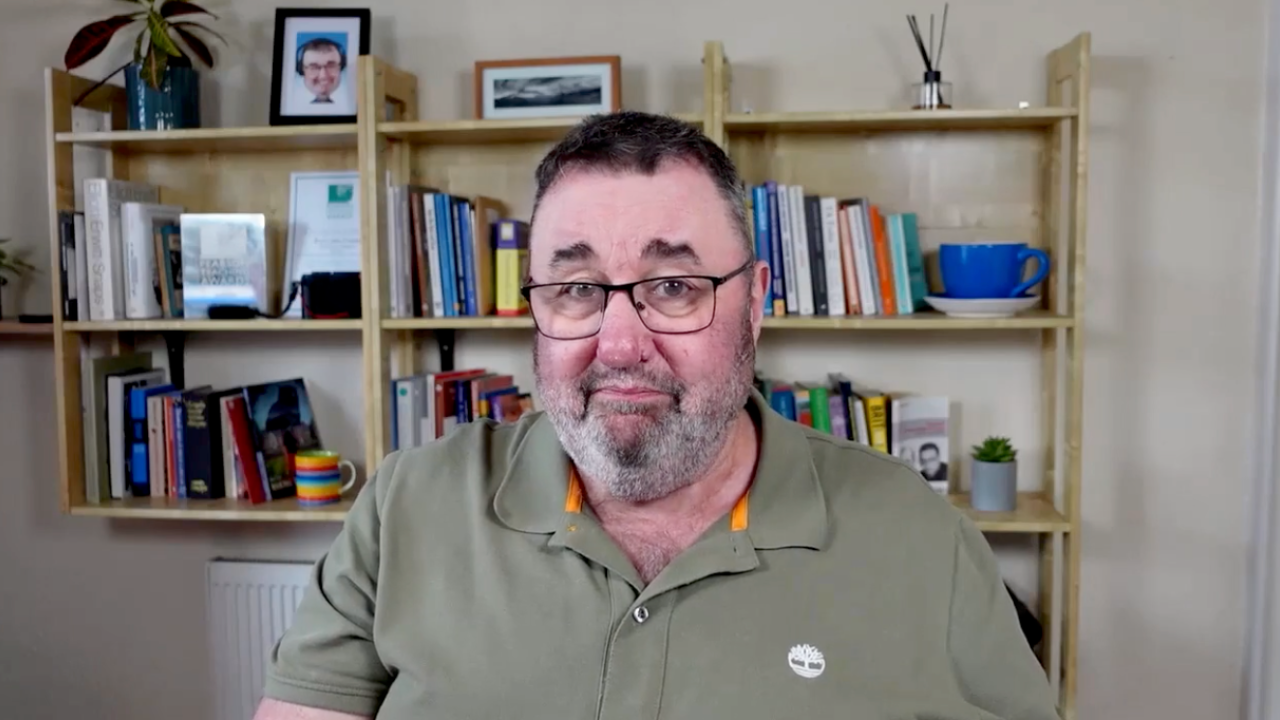Why Confidence Matters in Trauma Therapy

5 Min Read / Listen
In the realm of Counselling and psychotherapy, trauma-informed care is not just a buzzword; it's a transformative approach to therapy that recognises the widespread impact of trauma. It aims to create a safe environment that empowers individuals to regain a sense of control. However, working with trauma is a delicate and often challenging task that requires specialised knowledge and skills. This is where our course on trauma-informed practice comes into play.
According to a recent survey in our Facebook group, an astounding 45% of therapists who took our course reported feeling more confident in their ability to work with trauma-affected individuals.
But why is this statistic so significant?

Knowledge Matters
Firstly, confidence in this context is not mere self-assurance; it's a reflection of competence. Therapists who feel confident will likely have a deeper understanding of the complexities involved in trauma work. This includes recognising the signs and symptoms of trauma, understanding how trauma affects the mind and body, and knowing how to interact with clients to avoid re-traumatisation.
Safety First
One of the pillars of trauma-informed care is creating a safe space for clients.
A confident therapist is better equipped to establish this sense of safety. When therapists are sure of their methods and approaches, it translates into a more secure and constructive environment for the client. This is crucial for effective trauma work, where the margin for error is often very slim.
Enhanced Therapeutic Relationship
Confidence also plays a vital role in the therapeutic relationship. Clients are more likely to trust and open up to a therapist who exudes confidence. This trust is the cornerstone of any therapeutic relationship but is especially crucial when working with trauma survivors.
Continuous Learning
Our course is designed to be comprehensive, covering everything from the basics to advanced techniques. The high percentage of therapists reporting increased confidence suggests that our course fills in the gaps, offering new perspectives and tools that therapists can incorporate into their practice.
In conclusion, the confidence gained from our trauma-informed practice course is multi-faceted. It enhances the therapist's skill set and positively impacts the client's experience and outcomes.
The 45% statistic is not just a number; it's a testament to the transformative power of education in trauma therapy.
With the right tools and knowledge, therapists are better equipped to make a meaningful difference in the lives of those affected by trauma.
